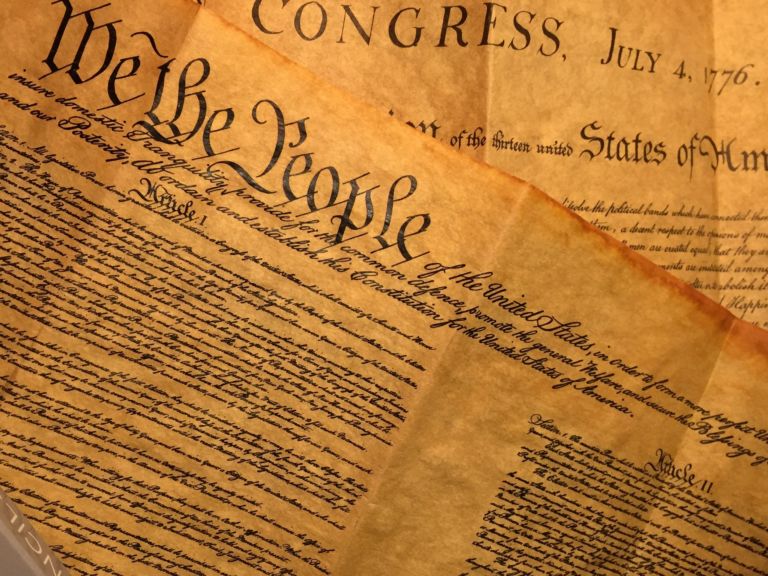Jason Garshfield writes for the Federalist about the long-term impact of today’s campus chaos.
A principled defender of free speech will, of course, stand up for all kinds of free expression, including that of ideas he may find abhorrent. The First Amendment does indeed protect anti-Israel, and even antisemitic, speech, although it does not protect trespassing, harassment, or violence. And yet the types of speech which one will enthusiastically stand up for, and those which one will reluctantly and reservedly stand up for, reveal a lot about one’s priorities. After decades of throwing up roadblocks to prevent conservative speakers from coming to campus, administrators on these campuses have finally found a form of free speech they will ardently defend: the right to call for the genocide of Jews.
The federal government gives $149 billion annually to American universities, including “private” ones such as Harvard. This is far more than we give in foreign aid to Ukraine, or Israel for that matter. For the American taxpayer, this juice is no longer worth the squeeze. American universities are no longer serving the noble societal purpose for which they were intended, and it is time they stop receiving federal funds.
The case for public funding of universities is straightforward: By investing in the human capital of bright young minds, we stand to collectively benefit, both economically and non-economically. Educated citizens possess valuable practical skills that tangibly improve our quality of life. …
… An ideologically committed economic libertarian would oppose any public funding of higher education on principle. My sympathies are with this camp, but one does not even need to share this view to appreciate my argument. For those who take a more pragmatic approach, the question becomes a straightforward, if not always simple, one of cost versus benefit. And by any standard, the great universities of this nation no longer provide us anything like the sort of benefit we would expect for our collective investment.


